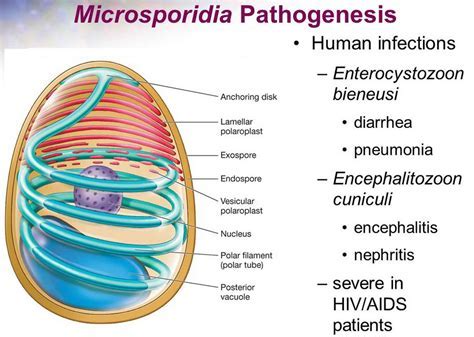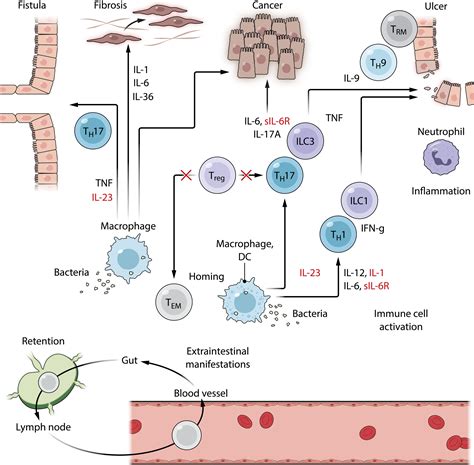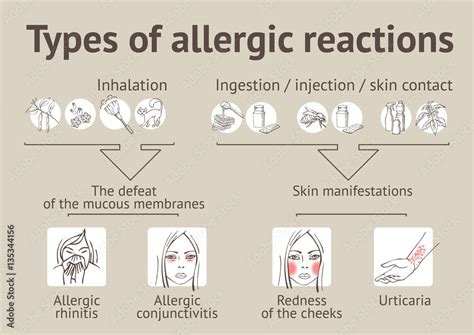Intro
Discover the 5 causes of high WBC count, including infection, inflammation, and immune disorders, and learn how to manage elevated white blood cell levels with medical treatment and lifestyle changes.
White blood cells, also known as leukocytes, play a vital role in our body's immune system. They help fight infections and diseases by attacking and destroying foreign substances, such as bacteria, viruses, and other pathogens. A high white blood cell count, also known as leukocytosis, can be a sign of an underlying infection, inflammation, or disease. In this article, we will explore the 5 common causes of a high white blood cell count and what it may indicate about our health.
The importance of understanding white blood cell count cannot be overstated. An abnormal count can be a sign of an underlying condition that requires medical attention. A high white blood cell count can be caused by a variety of factors, including infections, inflammatory diseases, and even certain types of cancer. It is essential to understand the causes of a high white blood cell count to seek proper medical attention and prevent potential complications.
A high white blood cell count can be detected through a simple blood test, known as a complete blood count (CBC). This test measures the levels of different types of blood cells, including white blood cells, red blood cells, and platelets. If the results show an elevated white blood cell count, it may indicate an underlying condition that requires further evaluation and treatment. In the following sections, we will delve into the 5 common causes of a high white blood cell count and explore what it may indicate about our health.
Cause 1: Infections

Types of Infections
There are several types of infections that can cause a high white blood cell count, including: * Bacterial infections, such as pneumonia or tuberculosis * Viral infections, such as the flu or mononucleosis * Fungal infections, such as candidiasis or aspergillosis * Parasitic infections, such as malaria or toxoplasmosisCause 2: Inflammatory Diseases

Types of Inflammatory Diseases
There are several types of inflammatory diseases that can cause a high white blood cell count, including: * Rheumatoid arthritis * Lupus * Inflammatory bowel disease, such as Crohn's disease or ulcerative colitis * PsoriasisCause 3: Cancer

Types of Cancer
There are several types of cancer that can cause a high white blood cell count, including: * Leukemia * Lymphoma * Multiple myeloma * Hodgkin's diseaseCause 4: Allergic Reactions

Types of Allergic Reactions
There are several types of allergic reactions that can cause a high white blood cell count, including: * Anaphylaxis * Asthma * Atopic dermatitis * Food allergiesCause 5: Stress and Anxiety

Managing Stress and Anxiety
There are several ways to manage stress and anxiety, including: * Exercise * Meditation * Deep breathing * Yoga * Cognitive-behavioral therapyWhat is a normal white blood cell count?
+A normal white blood cell count is typically between 4,000 and 11,000 cells per microliter of blood.
What are the symptoms of a high white blood cell count?
+The symptoms of a high white blood cell count can vary depending on the underlying cause, but may include fever, fatigue, and weakness.
How is a high white blood cell count treated?
+Treatment for a high white blood cell count depends on the underlying cause, but may include antibiotics, anti-inflammatory medications, or chemotherapy.
In conclusion, a high white blood cell count can be caused by a variety of factors, including infections, inflammatory diseases, cancer, allergic reactions, and stress and anxiety. It is essential to understand the underlying cause of a high white blood cell count to seek proper medical attention and prevent potential complications. If you have concerns about your white blood cell count or overall health, we encourage you to speak with a healthcare professional. Share this article with others who may be interested in learning more about white blood cell count and its significance. Let us know in the comments below if you have any questions or topics you would like to discuss further.
